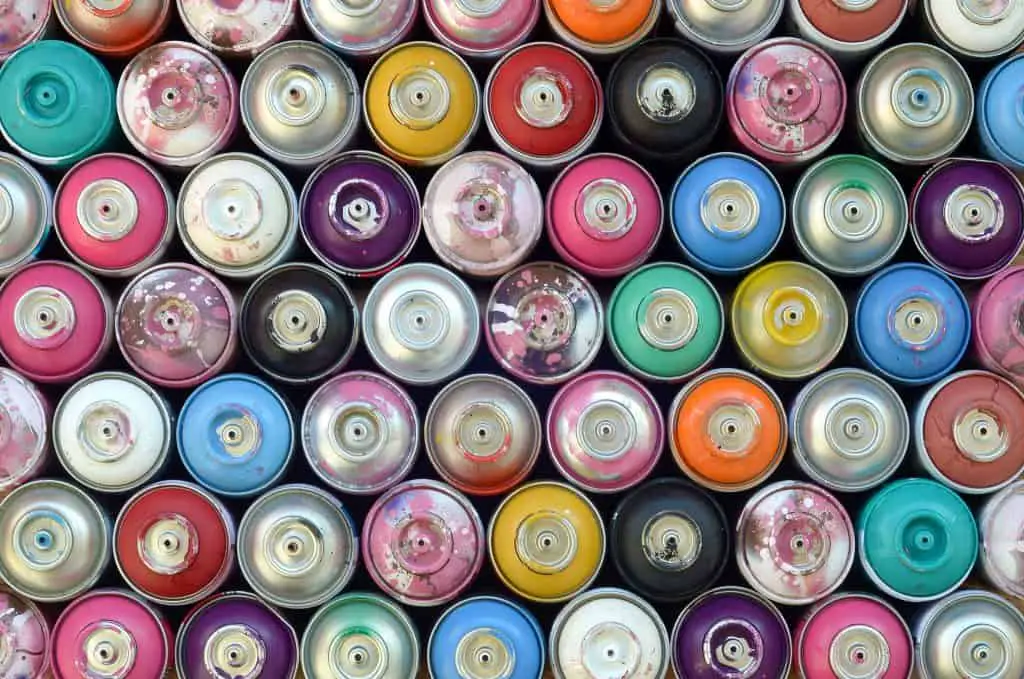Age to buy spray paint the U.S. and Canada
Stores that sell spray paint are restricted to selling it in most cases to anyone age 18 years or older.
That is true for most U.S. states and the age limit can vary state to state as it is regulated at that level of government. There is no U.S. federal law that sets the age limit to buy spray paint.
In Canada, the age limit for buying spray paint is also 18 years old. However in Winnipeg, Manitoba, spray paint can not be sold to a minor unless they are accompanied by a parent or guardian who approves of the purchase.
Various laws restricting or banning the use or sale of spray paint in the U.S. have been around since 1992. The laws make it illegal to sell spray paint to persons under the age of 18. Anyone caught doing so can be subject to a fine of $5000 in many jurisdictions.
Age to buy spray paint in England and Wales
In England, Wales, Scotland and Northern Ireland, there is a ban on spray paint sales to anyone under the age of 16. An owner of the business, as well as an underaged person who made the purchase, may be charged if caught.
Full prohibition on selling spray paint in Chicago
The city of Chicago, Illinois, banned spray paint sales in 1992 within city limits in an effort to curb graffiti. However, spray paint can be purchased by adults 18 years and older in adjacent suburbs.
New York state bans spray paint sales those under age 21
In New York state, spray paint cannot be sold to anyone under the age of 21.
London, Ont., passed a bylaw in 2006 to crack down on graffiti, reportedly the first of its kind in Canada. Under the bylaw, retailers who sell “graffiti implements” to minors are subject to fines of up to $5,000.
In Winnipeg, a person may not sell spray paint to a minor unless the minor is accompanied by his or her parent or guardian who approves of the purchase.
Reasons why spray paint purchases have age limits
There are two common reasons why spray paint is limited to adults 18 and older in most jurisdictions.
- To reduce graffiti, which is commonly perpetrated by minors.
- To stop ingestion of solvents in the paint that can be sniffed to make a person high.

